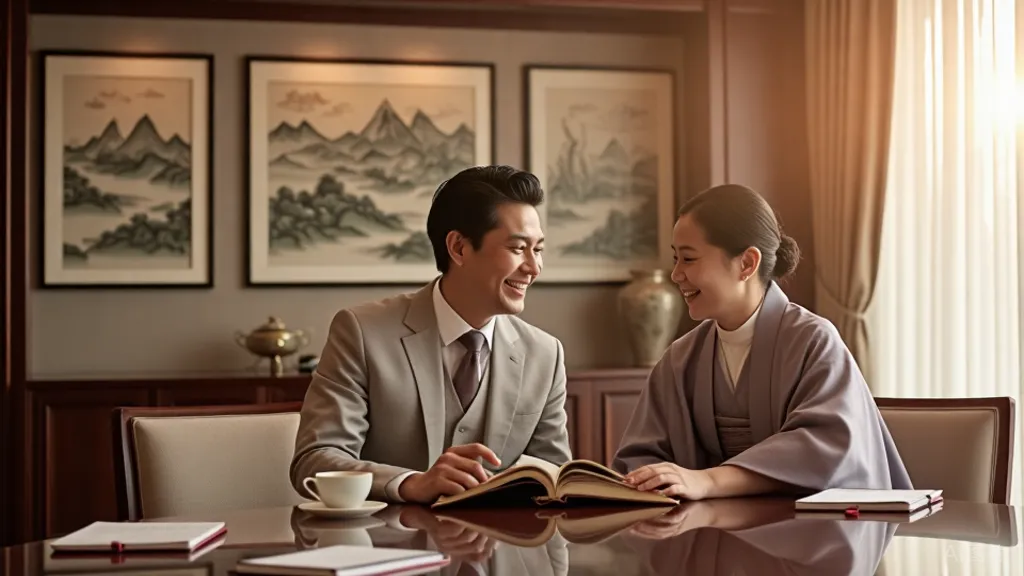If you‘re at a dinner in China, chatting happily, when suddenly someone asks, “How old are you?” or “How much do you earn?” You pause, unsure how to respond.Don‘t worry! In China, these questions can come up quickly in conversation — not to be rude, but out of cultural habit.
The challenge? You don‘t want to feel uncomfortable, but you also don‘t want to sound impolite. The good news is: with a few natural phrases, you can handle these sensitive topics gracefully.
Here‘s your guide.
1. Talking About Age
Age is often asked early in conversations, especially with new friends or relatives. For Chinese culture, it helps people know how to address you politely.
What to do: Answer simply if you‘re comfortable, or deflect politely with humor.
Useful Phrases:
Wǒ ___ suì.
我___岁。
I‘m ___ years old.
Bǐ nǐ xiǎo yī diǎn.
比你小一点。
A little younger than you.
Bǎo mì!
保密!
It‘s a secret!
Pro tip: If you don‘t want to share your exact age, saying “保密” (secret) with a smile makes it lighthearted, not rude.
2. Talking About Money
Questions like “How much is your rent?” or “What’s your salary?” can surprise foreigners. For many Chinese, it‘s casual curiosity, not invasion.
What to do: Share roughly if you feel okay, or answer indirectly.
Useful Phrases:
Bù tài duō, gòu yòng jiù hǎo.
不太多,够用就好。
Not much, just enough.
Hái kě yǐ.
还可以。
It‘s okay.
Zhè gè jiù bù gào sù nǐ le.
这个就不告诉你了。
I won‘t tell you that.
Pro tip: Smiling when you answer keeps the tone light, even if you dodge the question.
3. Talking About Family
“Are you married?” “Do you have kids?” These are common questions during festivals or dinners. It shows care, but can feel too direct.
What to do: Answer simply, then redirect the conversation to them.
Useful Phrases:
Hái méi yǒu.
还没有。
Not yet.
Yǒu yī gè.
有一个。
I have one.
Nǐ ne?
你呢?
How about you?
Pro tip: Redirecting with “你呢?” (How about you?) makes the conversation flow naturally.
Handle Sensitive Topics with Ease
In China, questions about age, money, and family often pop up in casual conversations. While they may feel personal, they’re usually asked out of friendliness, not offense. With just a few natural phrases — and the confidence to use them — you can keep the conversation polite, lighthearted, and flowing smoothly.
At eChineseLearning, our native teachers don’t just teach you “textbook Chinese.” They prepare you for the real conversations you’ll actually face — from dinners with new friends to family gatherings during festivals.
Try your free 1-on-1 trial lesson today, and learn how to handle sensitive topics (and much more) in Chinese with confidence and ease.
Quiz: If someone in China asks “How old are you?” but you don‘t want to answer directly, which is the MOST natural and friendly way to respond?
A. Wǒ bù xiǎng shuō. 我不想说。 — I don‘t want to say.
B. Bǎo mì! 保密! — It‘s a secret!
C. Méi guān xi.没关系。 — It doesn‘t matter.
Comment your answer below!





✅ Correct Answer: B. 保密! (Bǎo mì!)
✔️ This is playful and lighthearted — locals will take it as a joke, not as rudeness.
❌ A sounds too direct and cold.
❌ C is confusing and doesn’t really answer the question.